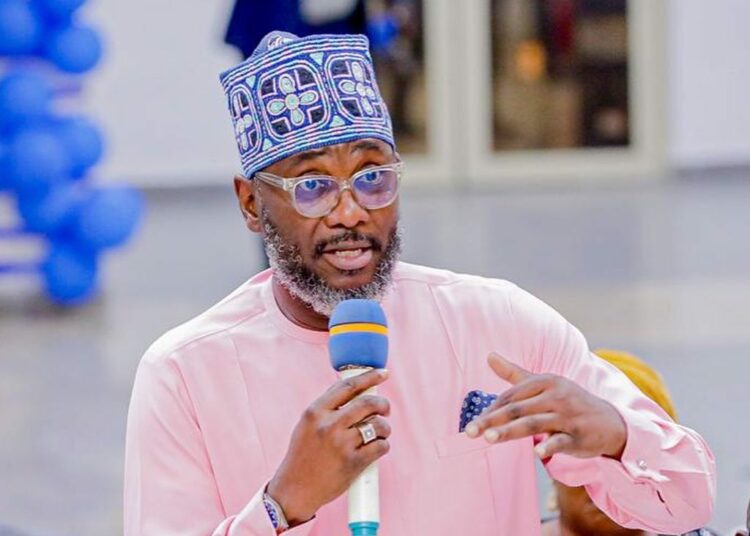Lagos State government on Monday disclosed that it required over N3 trillion to tackle the threat of erosion and protect coastal communities in the state.
The state’s Commissioner for Waterfront Infrastructure Development, Hon. Ekundayo Alebiosu, revealed this during the ongoing ministerial press briefing to give the scorecard of the ministry and commemorate the second term of the second year administration of Governor Babajide Sanwo-Olu held at the state’s secretariat located in Alausa, Ikeja.
Alebiosu also announced plans to further scale up the deployment of groyne technology, a proven coastal defence system, along the state’s vulnerable shoreline as part of proactive measures to address the growing erosion challenges.
The commissioner said he embarked on a strategic working visit to the Kingdom of the Netherlands, where he led a high-level delegation, including the Permanent Secretary, Mrs. Lolade Aina, to explore international best practices and forge partnerships for sustainable coastal management.
According to Alebiosu, a groyne is a rigid hydraulic structure built from an ocean shore or riverbank that interrupts water flow and limits sediment movement.
The technology has been used to arrest coastal erosion and stabilise beaches in several parts of the world, including the Netherlands.
He states, “Though Lagos State has already begun implementing this technology, the sheer scale of the challenge to stretch the usage along the 180km stretch of shoreline presents a significant financial burden.
“It costs a considerable amount to construct a single groyne, and with a targeted 180km coastal stretch, the projected cost exceeds N3 trillion, a figure that makes it clear that strategic collaboration is required.
“This is not just a Lagos problem; it is a national environmental and economic challenge.
“If we are serious about preserving our shoreline, preventing further erosion, and protecting coastal communities, then a robust partnership with the Federal Government and the private sector is not just desirable, it is essential.”
The commissioner described the Netherlands, renowned for its pioneering coastal engineering solutions, as a perfect case study for the state government delegation.
The Dutch model, which integrates groynes, sand nourishment, and nature-based solutions, provided insights into how sustainable and economically viable approaches can be adapted to suit local conditions in Lagos.
Alebiosu stressed that the Lagos State Government is actively pursuing a Public-Private Partnership (PPP) framework to finance and implement large-scale groyne deployment and coastal protection infrastructure.











